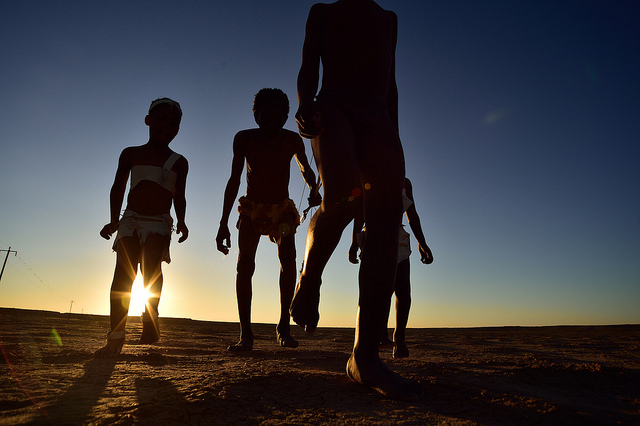Aggregated News

The San people of southern Africa are among the most-studied indigenous groups in the world. Legions of researchers have investigated their hunter-gatherer lifestyles, click languages and ancient rock art, and San individuals were some of the first from Africa to have their whole genomes sequenced.
But some San want a greater say in such research. On 2 March, three communities in South Africa issued their own research-ethics code — thought to be the first from any indigenous group in Africa. Although the rules will carry no legal weight, their authors hope that scientists will feel compelled to submit proposals for research in San communities to a review panel of community members. And the San may refuse to collaborate with institutions whose staff do not comply, the rules warn.
The code was developed by traditional leaders of the !Xun, Khwe and !Khomani groups of San, which represent around 8,000 people in South Africa.
“We’ve been bombarded by researchers over the years,” says Hennie Swart, director of the South African San Institute in Kimberley, which helped to develop the code. “It’s not a question...



